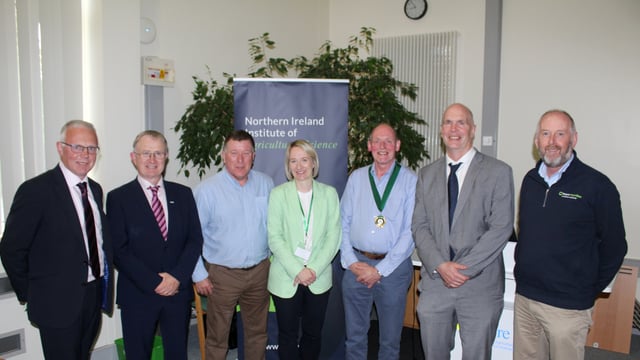Deadlines for water action targets could be extended if they are 'infeasible'
A "decline in water quality is putting Ireland’s clean and green image at risk, according to the draft Water Action Plan 2024.
The plan is Ireland’s third River Basin Management Plan and it outlines the measures the Government and other sectors are taking to "improve water quality" in Ireland’s groundwater, rivers, lakes, estuarine and coastal waters.
It also contains a "roadmap" to restore waterbodies to the equivalent of good status or better and to protect water from any further deterioration.
This third cycle plan sets out how Ireland will manage its water resources and catchments up to 2027.
The draft Water Action Plan 2024 also details that where the environmental objectives of good or better status for waterbodies have not been achieved by the end of cycle two the deadline has been extended to 2027.
According to the plan despite the fundamental changes made to the river basin management approach in Ireland, "progress in restoring impacted waters and protecting waters from deterioration has been slow".
It also outlines that some water bodies are "very unlikely to achieve their status objectives by 2027".
"It is unlikely that Ireland will achieve all of these objectives even with urgent, substantial and widely adopted measures.
"Measures have been put in place for all waterbodies and a process has been initiated to put in place additional targeted midcycle measures, where necessary," according to the plan.
It also states that if certain waterbodies do not show an improved status then the deadline to achieve this "will be extended to beyond 2027 to take account of the natural conditions and recovery processes as well as the monitoring process in the fourth cycle (2027-2033)."
The Government’s key objective will be to achieve as close to 100% of the water status objectives by 2027, as possible.
But the draft Water Action Plan 2024 also highlights that it is likely that the deadline for a proportion of waterbodies "to recover" will need to be phased over a more sustainable timeframe of one or more river basin management cycles beyond 2027.
It details that this is because "it would be technically infeasible and or disproportionately expensive to achieve any sooner".





